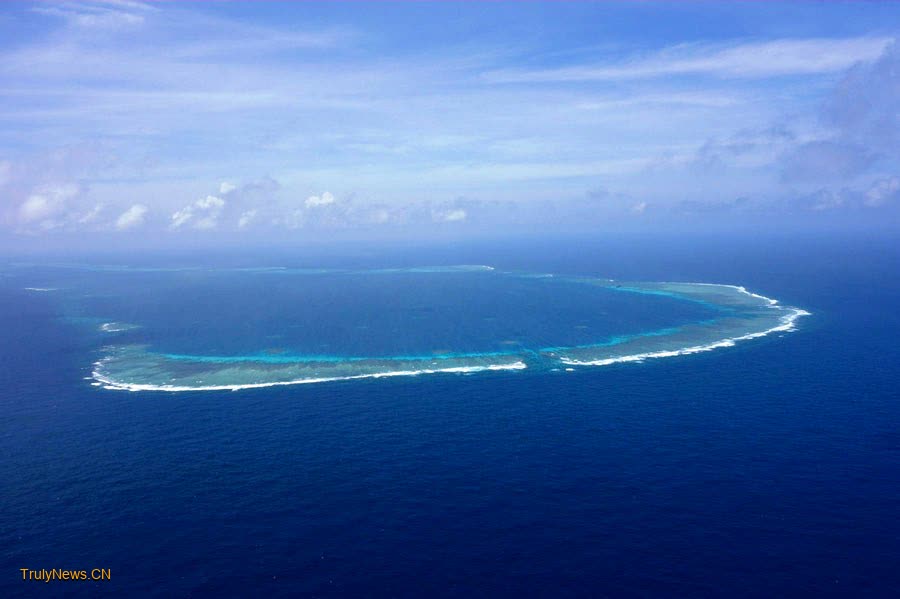
The US government has pledged an additional $500 million in foreign military financing to the Philippines, a move that experts say aims to “provoke” China amid tensions in the South China Sea.
The commitment came during the Fourth Philippines-United States 2+2 Ministerial Dialogue held in Manila on Tuesday. US Secretary of State Antony Blinken and Defense Secretary Lloyd Austin met with Philippine Defense Secretary Gilberto Teodoro Jr and Foreign Affairs Secretary Enrique Manalo. This marked the first 2+2 meeting held in the Philippines as previous meetings were held in Washington.
Following the dialogue, Blinken said the “once-in-a-generation investment” will help modernize the Philippine Armed Forces and Coast Guard and raise US investments in the Enhanced Defense Cooperation Agreement. The US’ long-standing alliance with the Philippines is a “defensive” one, Blinken said.
Teodoro said the funding will boost the Philippines’ abilities to “defend itself and to deter unlawful aggression”, while also aiding humanitarian assistance and disaster response.
Bilveer Singh, an associate professor of political science at the National University of Singapore, said that while the meeting represents a peak in bilateral relations, the US has taken advantage of the Philippines’ sense of vulnerability, especially concerning tensions in the South China Sea and its relations within the Association of Southeast Asian Nations.
Preferring diplomacy
“ASEAN is not very keen to confront China” and prefers to be more diplomatic and cautious, he said, characterizing the additional military funding as “provocative”.
Jaime Naval, an assistant professor of political science at the University of the Philippines, described the 2+2 meeting as a “natural progression” for the two long-standing treaty allies. They signed the Mutual Defense Treaty in 1951, years before the South China Sea tensions arose, Naval said.
The Philippines is the only former US colony in Asia and the 1951 treaty is a continuation of a colonial-era relationship, he said. “But then, that’s an agreement that countries bilaterally involved would have to tap to their own advantage.”
During Blinken and Austin’s visit, Philippine fishers and environmental groups voiced opposition to the US-led “proxy war” and expressed concerns over expanded military access to their country.
Veronica Cabe, coordinator of the Nuclear and Coal-Free Bataan Movement, highlighted the broader implications of militarization on national security and environmental sustainability, and the importance of resisting involvement in a “proxy conflict”.
Austin said US President Joe Biden’s budget request this year includes more than $128 million to fund important infrastructure projects of the Enhanced Defense Cooperation Agreement.
US government investment in EDCA locations extends beyond the Department of Defense, he said. For example, the US Agency for International Development plans to pre-position disaster relief supplies at an EDCA location later this year. “That will allow the department to work alongside our Philippine allies to rapidly provide humanitarian assistance in times of need,” he said.